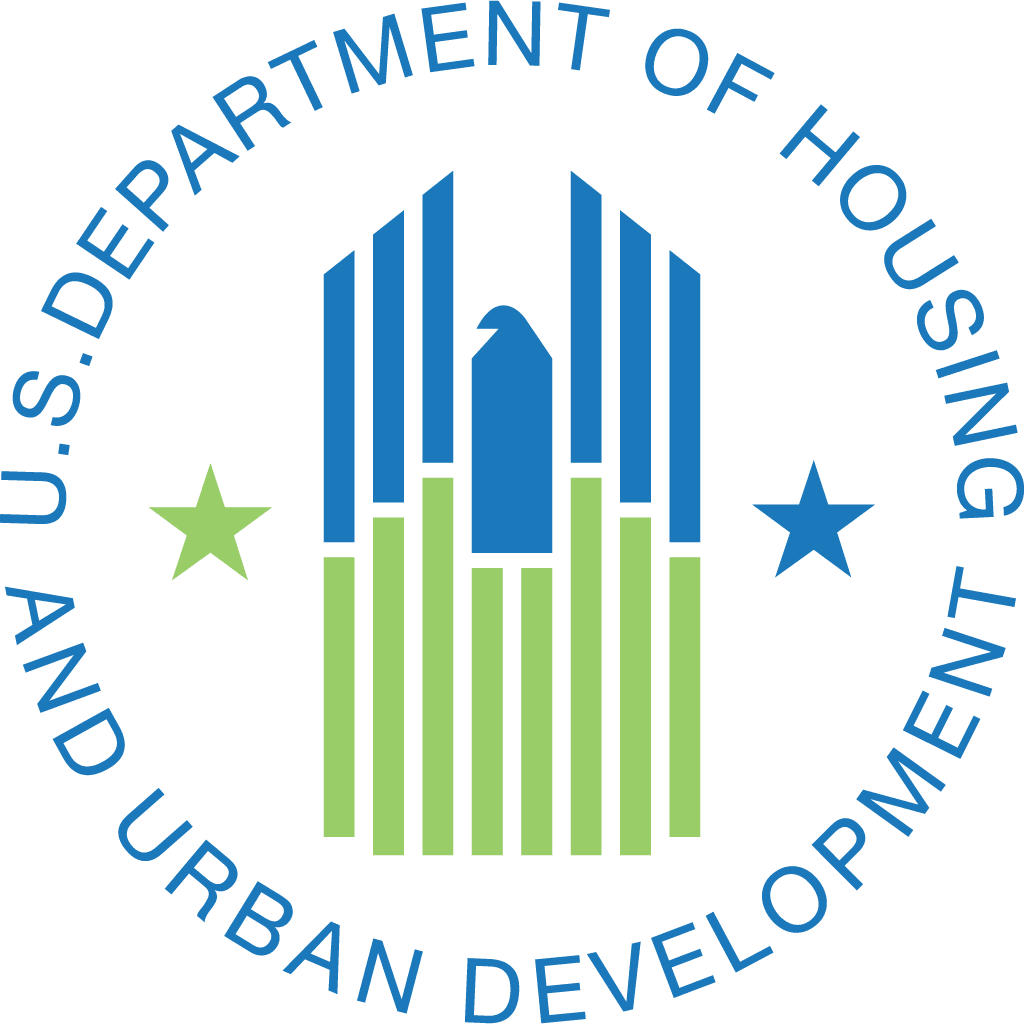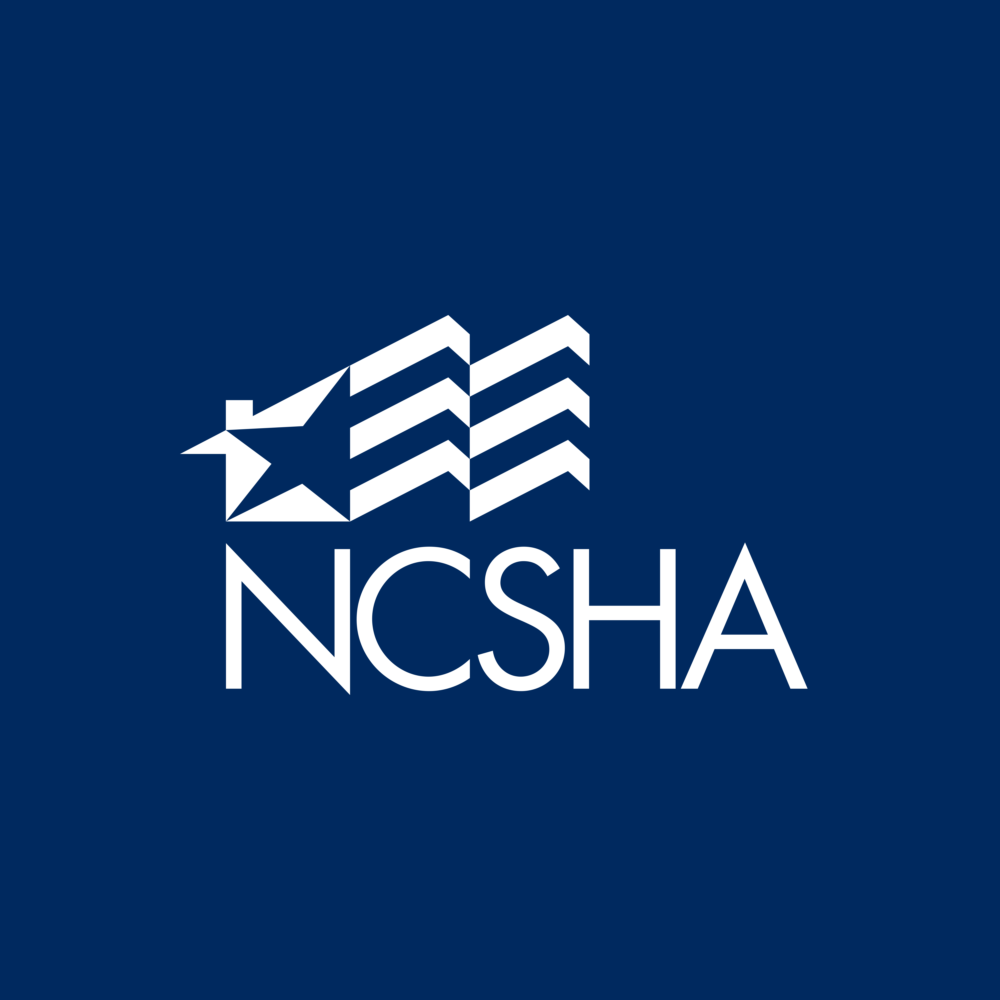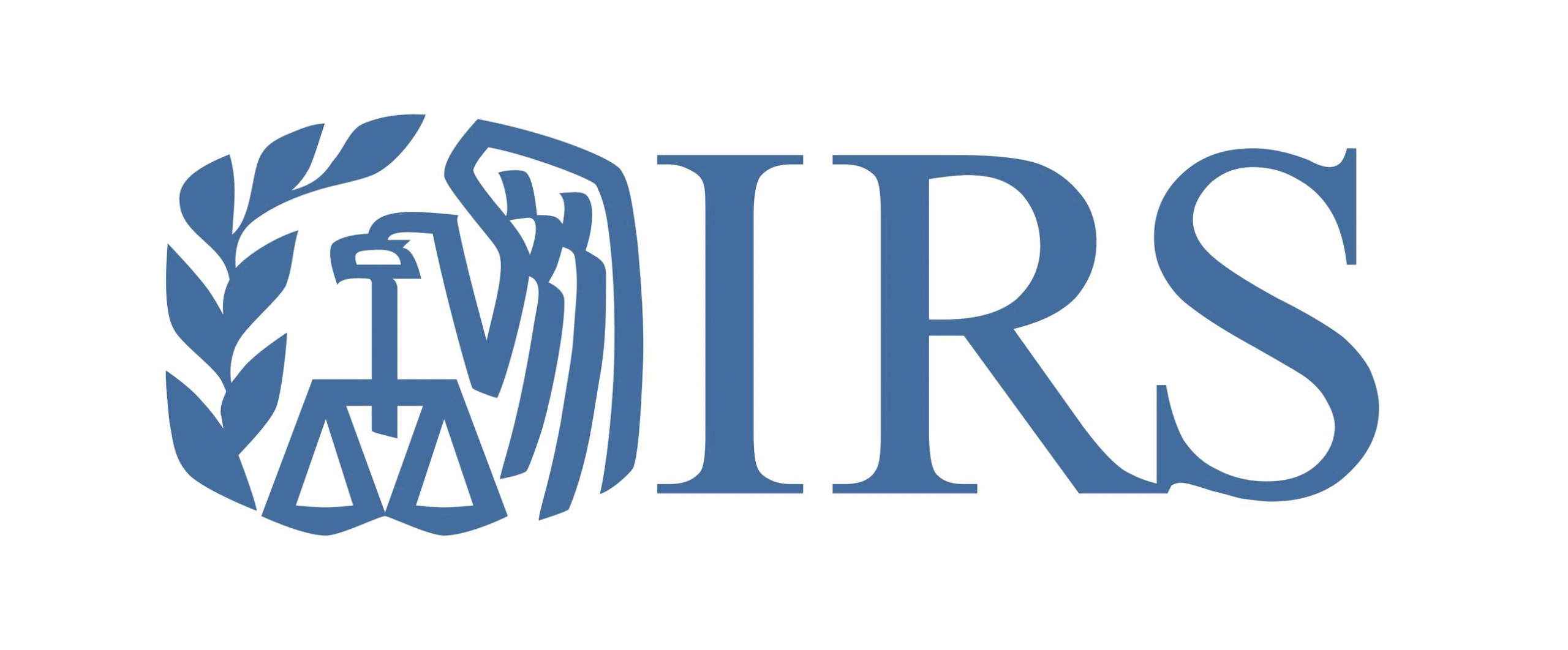Looking for talking points or FAQs to prepare for a meeting on Capitol Hill? A copy of NCSHA’s annual Factbook? Housing research and analysis? A presentation from a recent conference to share with a colleague? A reference guide for Housing Credit, HOME, MRBs, or Section 8 program administration? You’ve come to the right place: The NCSHA Resource Center is your source for this important information and much more. Refer to the right sidebar to see resource categories or use the search bar to search resources by topic.
NCSHA Members: Looking for a specific resource from a past event or conference? Please contact us for assistance.
Emergency Housing Assistance Updates
![]()






